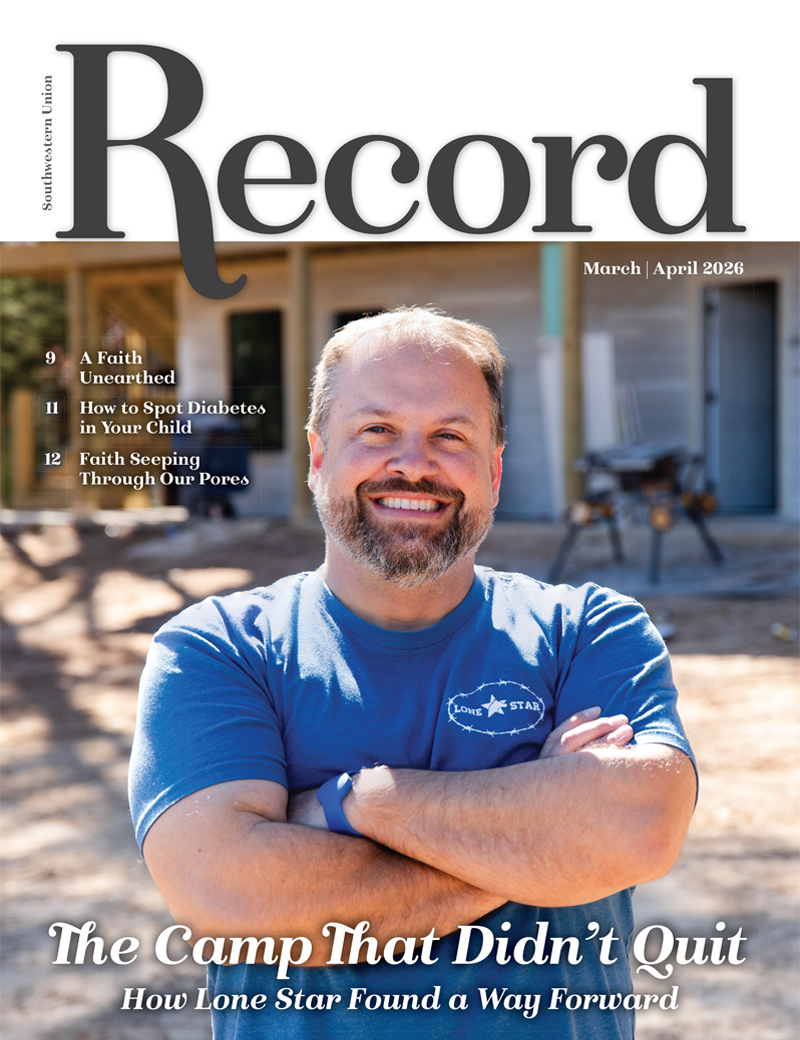Staying Safe Online

BRISTOW, OKLA. – Once a quarter, the Bristow Seventh-day Adventist Church hosts “Chat ‘n Chew” for church members and the community. This special outreach is arranged by Virginia Harrison, vespers coordinator. Our latest Chat ‘n Chew featured internet savvy, including online dating and personal security, by two experts in our church membership.
Candice Hart, owner of Hart4Recovery, provides outpatient behavioral healthcare services to individuals. Hart realized that many of her clients are enticed online by promises of wealth and love through “legitimate” websites. She shared the story of an Oklahoma City 21-year-old who has a mental development challenge making her cognition that of a 12-year old. Lured by an online dating ad, she began chatting online with a handsome man about 30 years old. The relationship intensified quickly and she told Hart that she had been sent money for bus fare and was moving away to live with her new boyfriend in Tulsa. Hart questioned the motives of her patient’s boyfriend since the couple had never met in person and Tulsa was only a two-hour drive. Through the legal system, Hart discovered the boyfriend had a jail record and she told her patient about his past, but she still left home. A few weeks later, the patient admitted that her family and Hart had been correct: the man was simply online bait to use her for other purposes.
Hart shared that many teens often post personal information on social media sites: their bodies, location, school, age, interests, etc. This makes teens easy to find by predators seeking victims for pornography, sex trafficking and even forced labor. It may seem like these situations only apply to “others,” but the National Center for Missing and Exploited Children estimates there are at least 105,000 children sexually exploited annually in the United States. Hart recommended the websites Nsopw.gov and ChildWelfare.gov for safety tips, and advised parents to be vigilant about what their children are posting online.
Euniece Dunning, owner of Articulate Communication Publications, shared her knowledge of information technology for online safety. She admonished that when using the Internet, “Nothing is free, so if it seems too good to be true, it usually is” and that “every encounter via, text, social media platforms or email is giving and receiving data (primary, secondary, latent).” She shared tips to keep personal information private such as installing a security system devices and keeping all apps up to date; keeping personal information limited; changing passwords at least once every three months; using third-party vendors to process online purchases, i.e., stripe, Google Pay, PayPal, etc.; and keeping your social media personal life and business lives separate with distinct email addresses.
Social media apps targeted to teens including Burn Book, Calculator%, Hot or Not, House Party, Instagram (Finsta vs. Rinsta), Kik, Omegle, Whisper and Wishbone. Teens often believe they are not at risk or being followed by predators or “fake” people, but they often don’t understand how predators work. Dunning added “Don't be afraid, just use best practices.” Specifically, she encouraged guests to “keep three people in your mind's eye when using social media: a child, a parent and Jesus Christ.”
By Caroline A. Fisher


